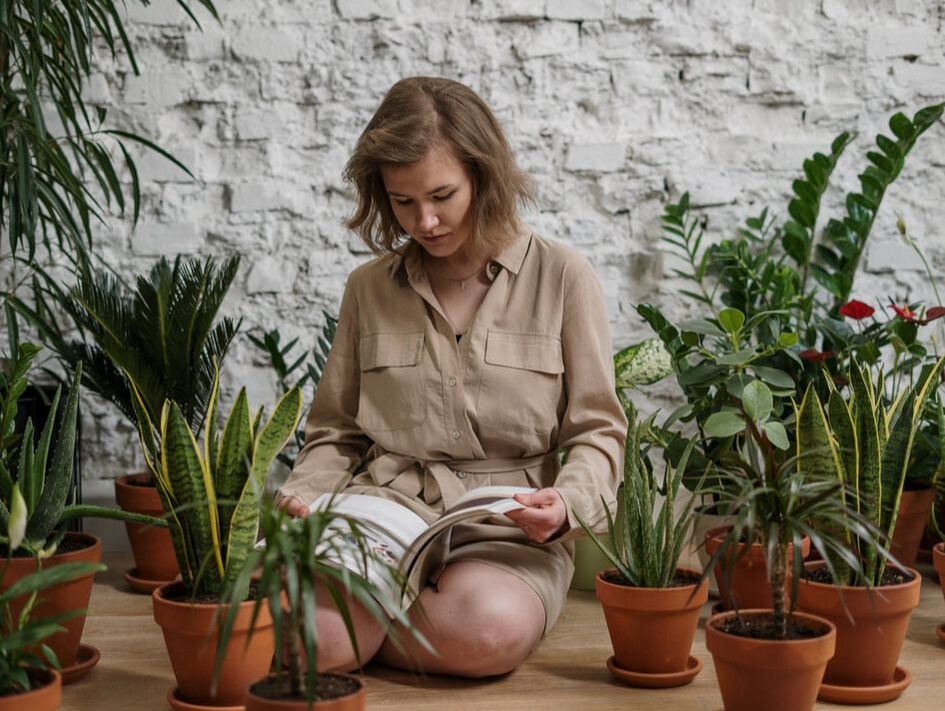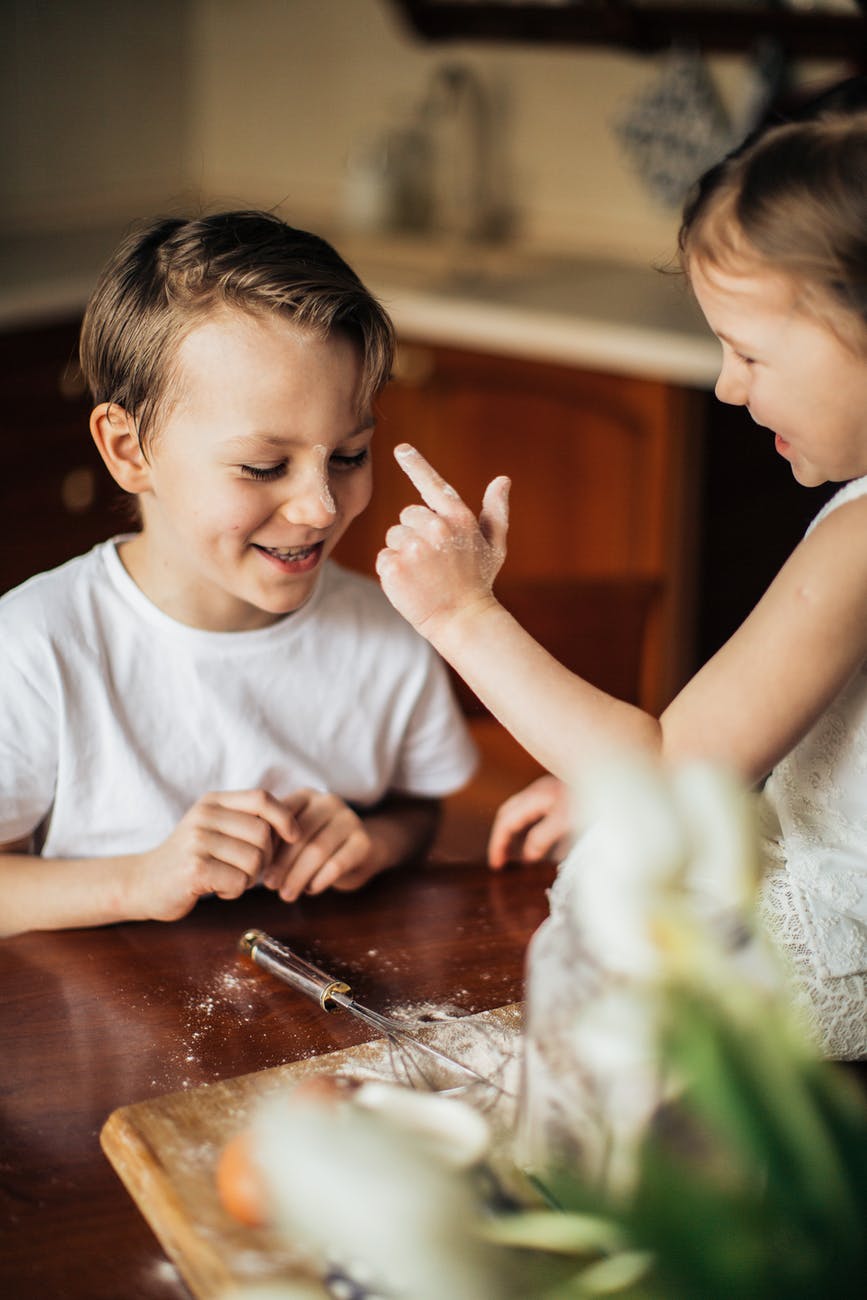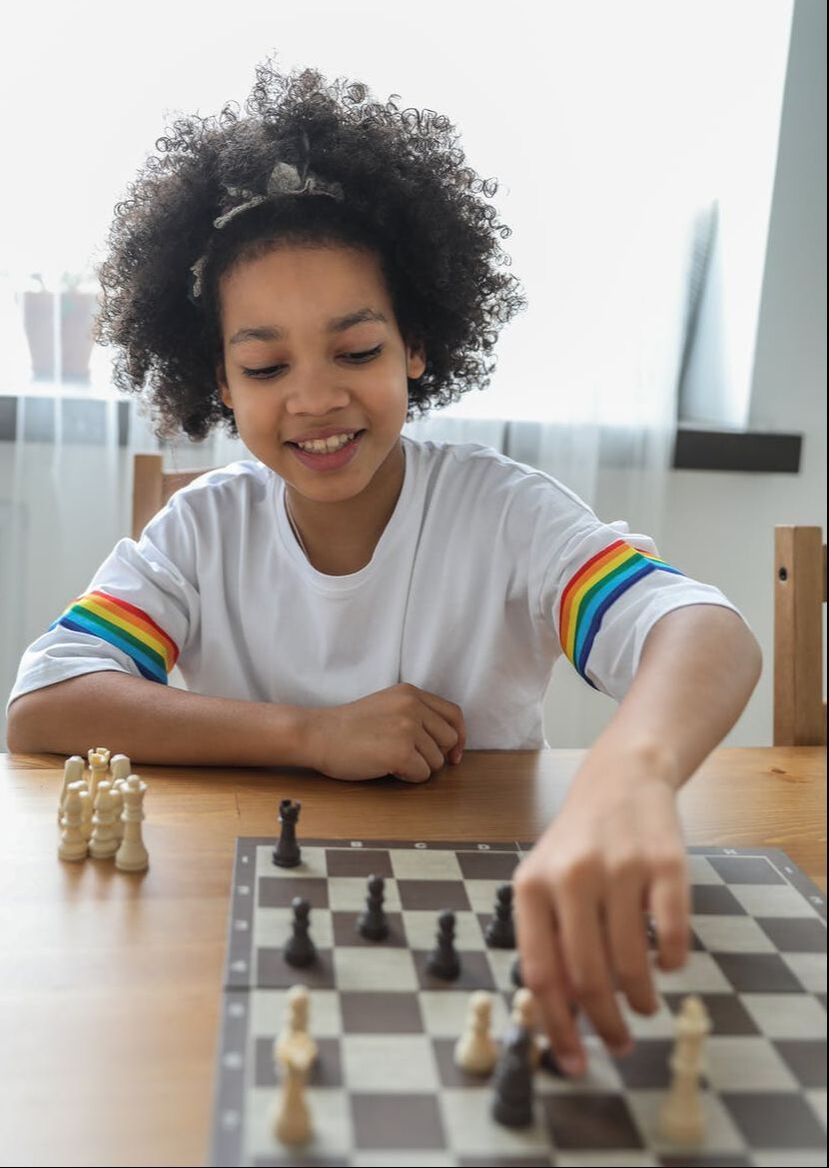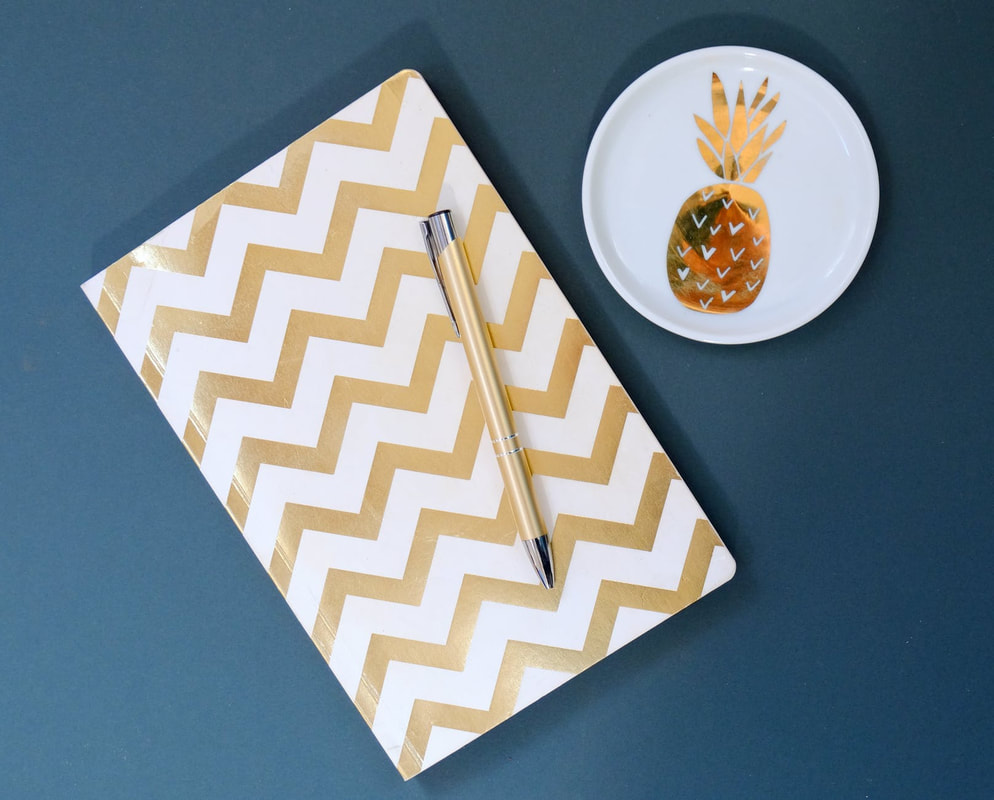
As you walk, try to notice as many positive things around you as you can. These can be sights, sounds, smells, or other sensations. For example, you could focus on the breathtaking height of a tree you never really noticed before, the intricate architecture of a building on your block, the dance of sunshine off a window or puddle, the smell of grass or flowers, or the way other people look out for each other as they navigate crowded streets.
As you notice each of these positive things, acknowledge each one in your mind—don’t just let them slip past you. Pause for a moment as you hear or see each thing and make sure it registers with your conscious awareness. Really take it in. Try to identify what it is about that thing that makes it pleasurable to you.
Try to walk a different route each day so you don’t become too accustomed to any of these things and start to take them for granted.



















